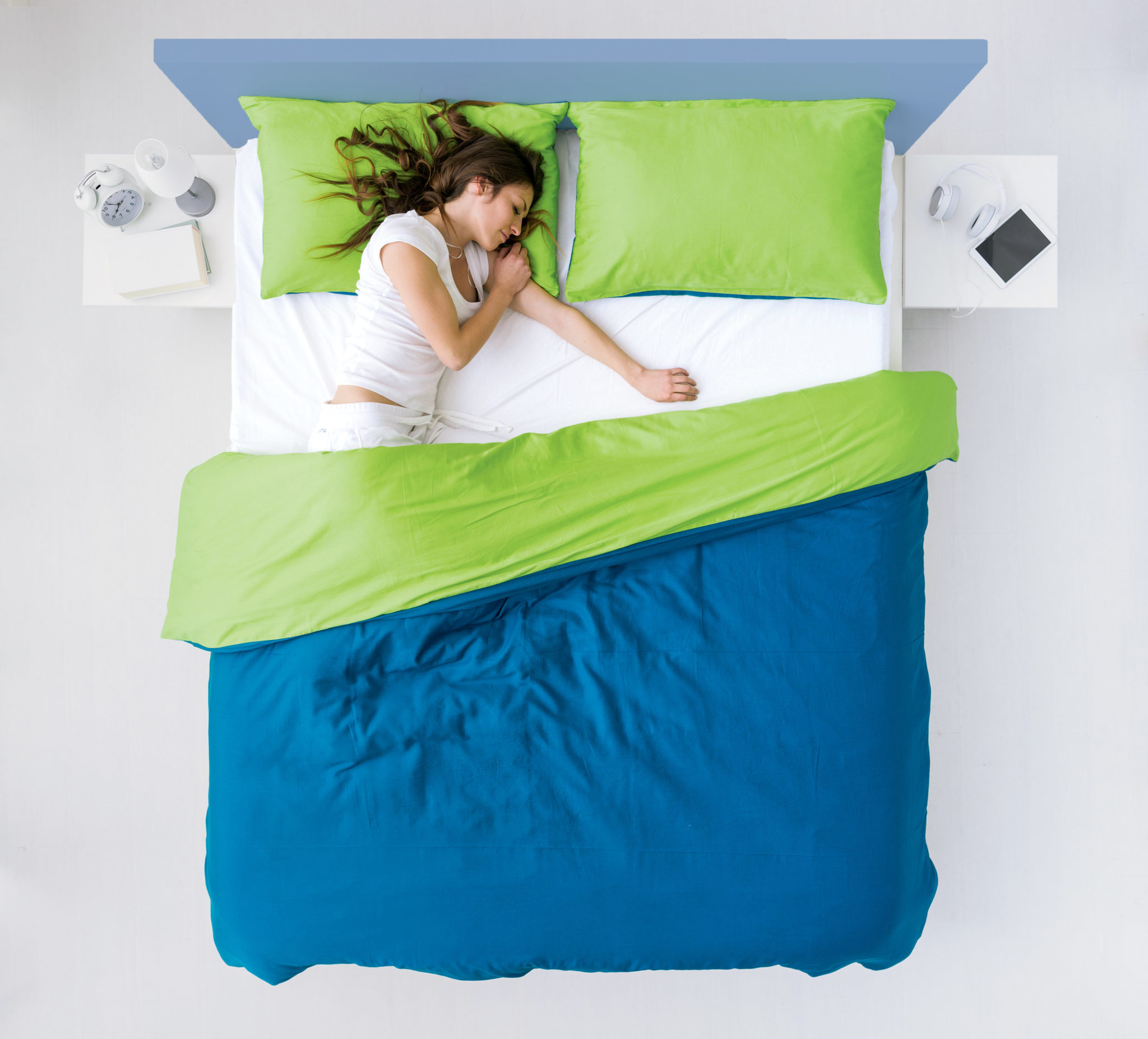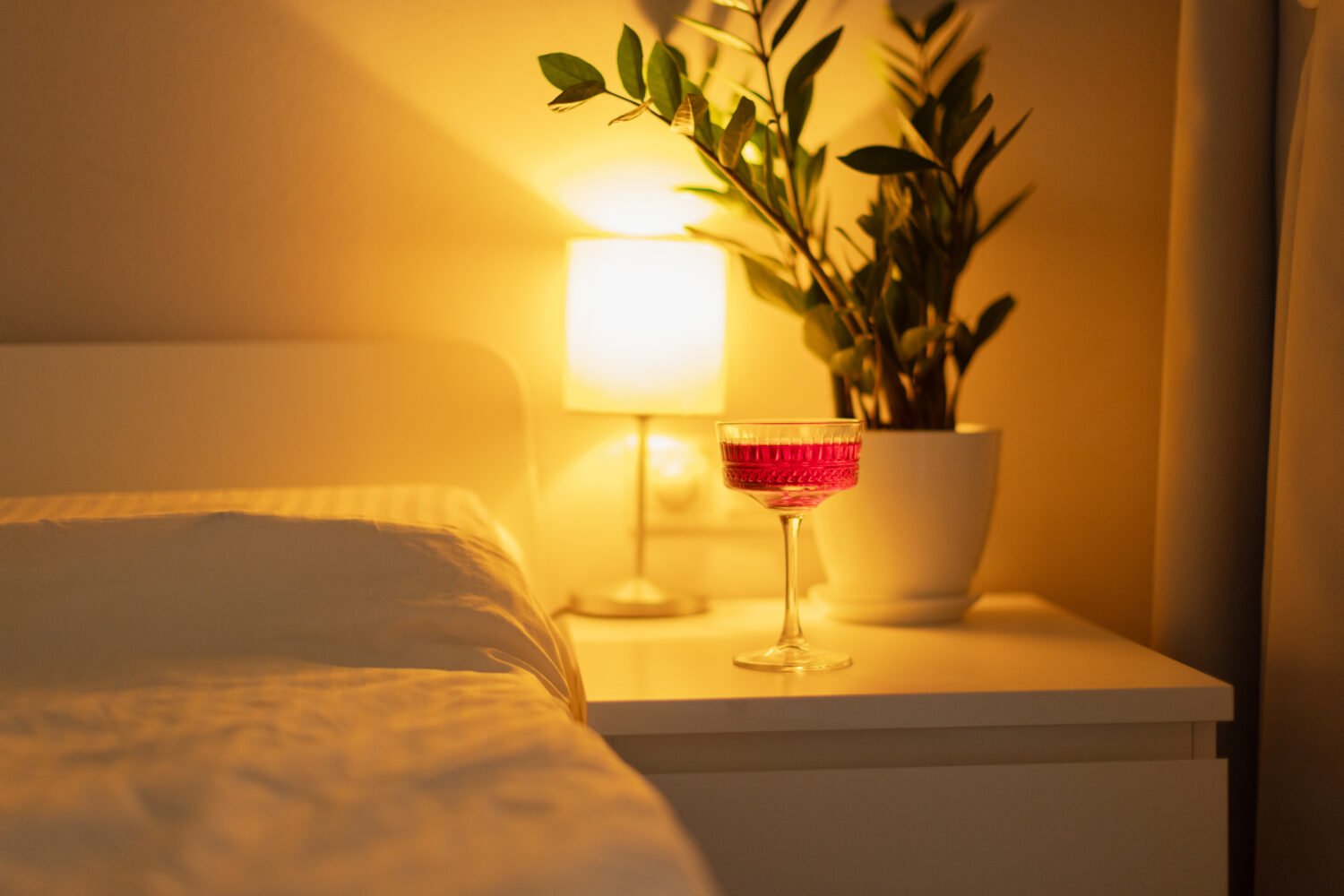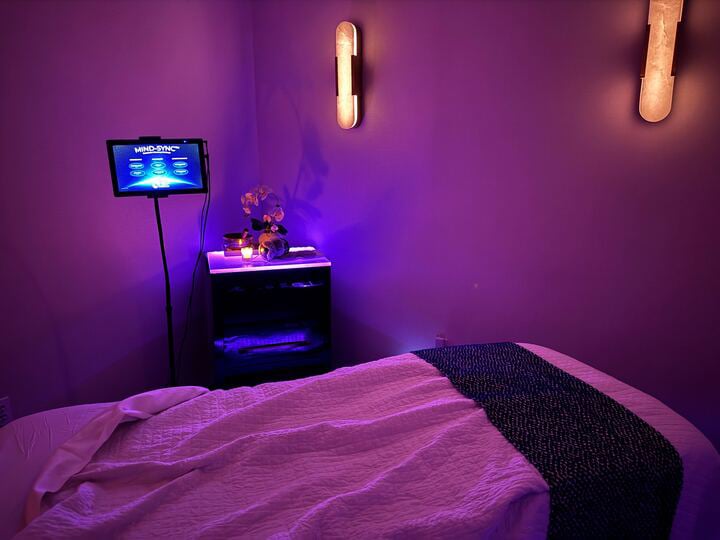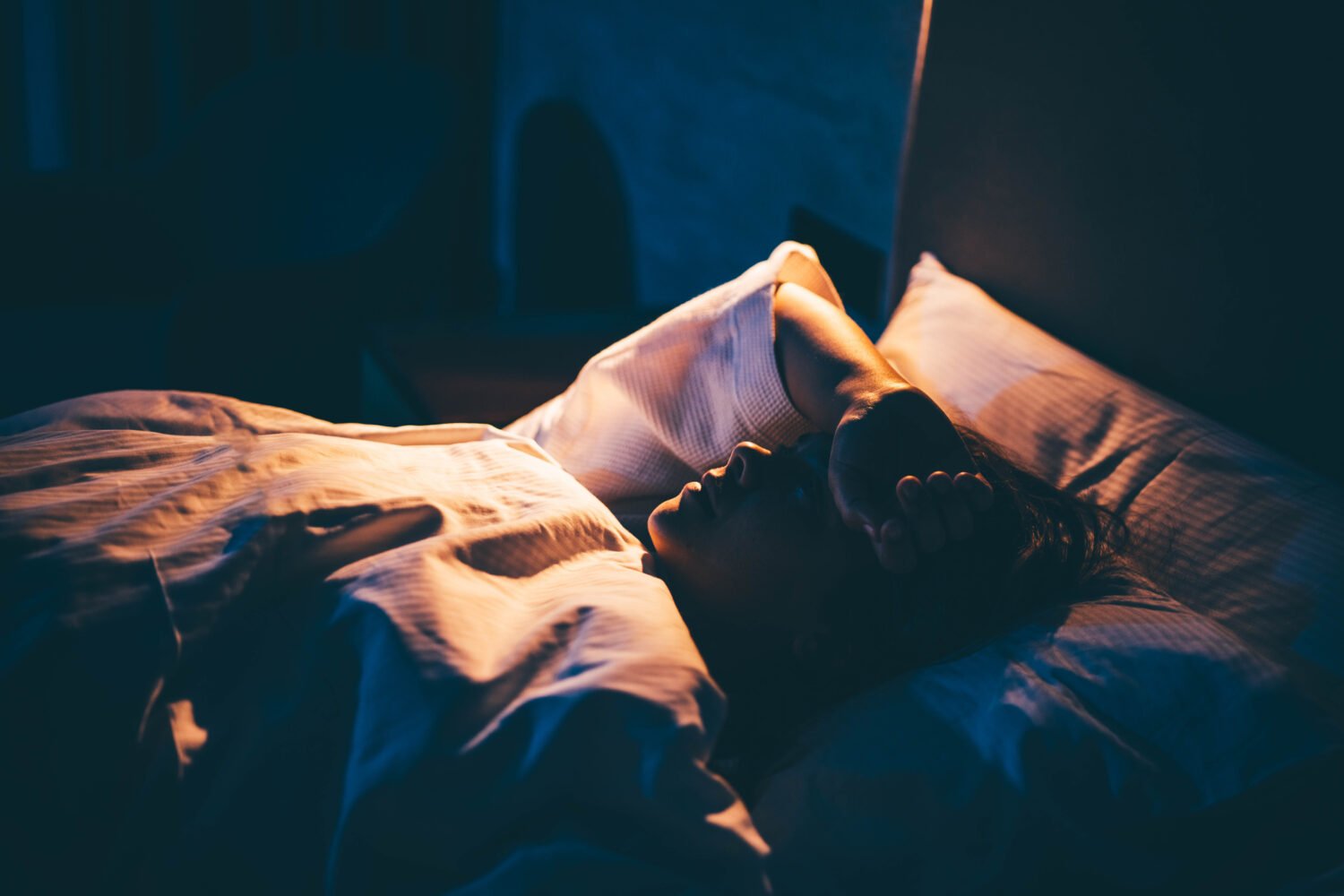1. Take sleep as seriously as you do every other part of your day. “You need to prepare for sleep the way you prepare for a meeting, a trip, to cook dinner,” says Nancy Rothstein, a professional “sleep ambassador” who advises Fortune 500 corporations, schools, and other groups on how to improve their sleep health. “Dedicate time to prepare for sleep. You can’t expect to have a crazy-busy day or evening and then go right to bed.”
2. Don’t skip your workout. “People who exercise sleep better, across the board, in every study I’ve ever read,” says Dr. Helene Emsellem, medical director of the Center for Sleep and Wake Disorders in Chevy Chase.
3. Be consistent. “You can’t just go to sleep willy-nilly and wake up at random times and then be guaranteed that you’ll be able to fall asleep when you need to the next night,” Emsellem says. This is also critical for the long haul: Even adjusting for total sleep duration, the more variable your sleep is, the higher “your risk of developing metabolic abnormalities that lead to cardiovascular disease and diabetes,” says Susan Redline, professor of sleep medicine at Harvard Medical School.
4. You’re not going to like this, but: “Tune out from technology a good hour before bed,” Rothstein says. That includes TV. Use that time to read anything that isn’t backlit—for instance, this magazine.
5. Take a shower. This is mostly a tactic to keep you from looking at screens before bed. Also, says Rothstein: “It’s very soothing and is a time to wash away your day, literally.”
6. Booze is a bad idea. “Alcohol helps you fall asleep,” Rothstein says, “but it will negatively impact your sleep cycles.”
7. Stop sleeping next to your phone. Every single expert consulted for this article was adamant that sleeping next to our phones is ruining our sleep and, by extension, our lives. The blue light impedes melatonin and tells your brain it’s daytime. Your brain will think “being in bed” means “checking text messages” and will keep you up long after you’ve put your device down. What’s more, a cell phone is a constant source of stimulation—the opposite of what you want when you’re trying to fall asleep.
8. If you’re thinking, “But I use my phone as my alarm!,” buy a clock. Everything old is new again.
9. If you do all of this and you still wake up in the middle of the night, resist the urge to see what time it is. Rothstein’s counsel, shared with glee: “If you don’t look at the clock, you have freed yourself from time!” Get out of bed, read by a dim light, or do some non-invigorating activity, such as folding laundry, and then try to fall asleep again.
This article appears in the October 2019 issue of Washingtonian.



















